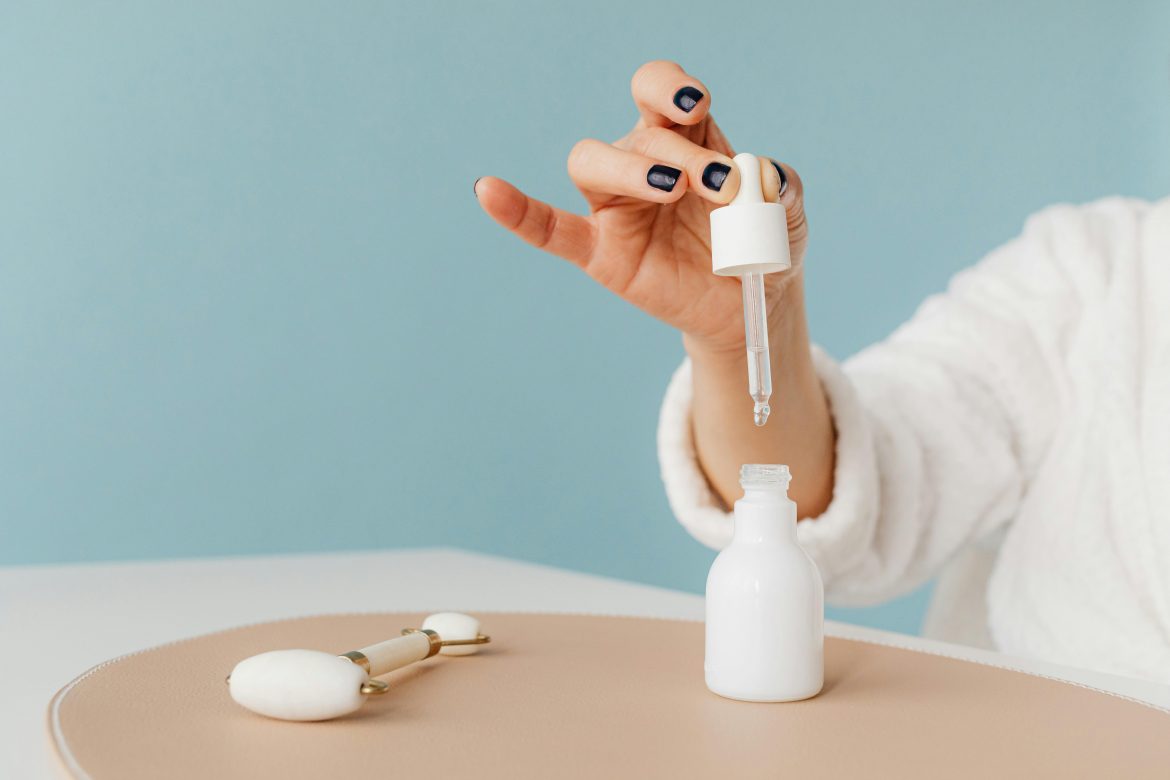Glutathione has trended, promising anti-ageing benefits, but it’s not without risks. Before adding it to your routine, here’s what you need to know about the benefits, risks and safe use.
ALSO SEE: Oats for skincare – a match made in heaven
The beauty industry is buzzing with glutathione, a powerful antioxidant praised for its ability to brighten, protect and revive skin. Experts believe it may be a must-have in anti-ageing skincare routines. But does it really deliver youthful, glowing skin? And what are the risks? Here’s what you need to know.
What is Glutathione?
Glutathione is a naturally occurring antioxidant found in the body. It helps reduce oxidative stress, supports detoxification and protects against free radical damage. Because of its potency, it’s even used in medical treatments like chemotherapy support. In skincare, glutathione is believed to promote a brighter, more even complexion.
Why Glutathione is linked to youthful skin
Many signs of ageing, such as dull skin, fine lines and sagging, are linked to oxidative stress and collagen breakdown. Be neutralising free radicals, glutathione helps protects the skin’s radiance. Reported benefits include:
- Skin brightening and evening out tone
- Reduced hyperpigmentation
- Anti-inflammatory effects
- Support for collagen production and skin elasticity
- Reduced appearance of fine lines and wrinkles
- Repairs and detoxifies
- Firmer, rejuvenated-looking skin
* While promising, it should be noted that research is ongoing and results may vary
The risks you should know
Glutathione can be taken intravenously, topically, and orally. But none are without risks. Side effects may include liver strain, diarrhoea, dizziness, headaches, allergic reactions and skin sensitivity. Clinical research is on long-term safety remains limited.
Another concern is misuse: High doses can lead to skin whitening because of its ability to inhibit melanin production. This raises ethical concerns around colourism and the perpetuation of unrealistic beauty standards. Ultimately, glutathione is not a miracle cure, and a healthy lifestyle is still key to youthful skin.
Using Glutathione safely
For best results, seek medical guidance. Safer options include oral supplements and topical creams from reputable brands with quality testing. Pair with broad spectrum sun protection (at least SPF 30), antioxidants like vitamin C and E, and a balanced skincare routine. Stay hydrated and nourished – feed your body from within. Also stay vigilant of its effects on your skin, especially if your skin is more melanin-rich.
Final Thoughts
Glutathione may play a helpful role in anti-ageing skincare, but it’s not a shortcut to eternal youth. Approach it with caution and speak with your dermatologist for the best recommendations and a personalised skincare routine.
ALSO SEE:
The benefits of incorporating eye cream into your skincare routine

